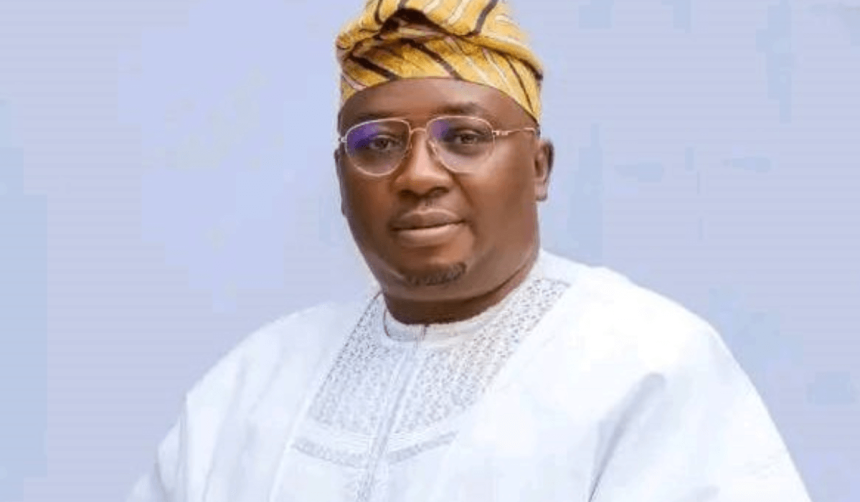The Minister of Power, Mr. Adebayo Adelabu, has announced that the Transmission Company of Nigeria (TCN) requires an estimated N2.779 trillion to implement 149 critical projects aimed at stabilizing Nigeria’s electricity supply and preventing frequent grid collapses.
Mr. Adelabu made the disclosure while addressing the National Assembly in Abuja, where he presented the ministry’s progress and challenges in resolving the nation’s energy crisis.
“For the TCN alone, we will need about N2.779 trillion to execute approximately 149 projects across the country,” he said. “Our total budget as a ministry is far below this amount, but we are committed to making the most of the resources at hand. We need the cooperation and collaboration of the National Assembly to achieve the President’s mandate of delivering reliable electricity to Nigerians.”
The minister highlighted the Siemens Power Project under the Presidential Power Initiative, noting that its pilot phase is 95% complete. He revealed plans for the construction of five substations in the second phase, which is set to commence soon. These developments are expected to address aging infrastructure and minimize grid collapses significantly.
Tackling Infrastructure Vandalism
A major issue raised by the minister was the growing menace of vandalism of power assets, which he described as a severe impediment to the sector’s progress.

“One critical challenge we face is the vandalism of transmission assets. A damage to one is a damage to all, given how interconnected the system is,” he explained. “We need robust advocacy and collaboration with security agencies, including the army, navy, police, and civil defense, to protect these assets.”
He cited instances of coordinated attacks on infrastructure, such as the Shiroro-Mando-Kaduna transmission line, which was destroyed in a manner akin to war. The cost of repairs for such damages, he noted, has strained the ministry’s already limited budget.
Boosting Local Content
In an effort to streamline procurement and conserve foreign exchange, the ministry is promoting the use of locally sourced materials such as cables and poles.

“We are encouraging local contractors to provide materials. This will help us save time and reduce the foreign exchange needed for imports,” the minister added.
National Assembly Commends Progress
Members of the National Assembly acknowledged the strides made under Mr. Adelabu’s leadership but urged sustained efforts to resolve lingering challenges.
Senator Enyinnaya Abaribe, Chairman of the Senate Committee on Power, noted improvements in electricity supply but stressed the need for consistent action. Senator Ashiru Oyetola praised the minister’s understanding of the sector, expressing confidence in his ability to drive reforms.
Victor Nwokolo, Chairman of the House Committee on Power, echoed these sentiments, calling for continued collaboration with lawmakers to ensure impactful government interventions.
The session concluded with a collective commitment to prioritize investments in Nigeria’s power sector and ensure the efficient execution of critical projects.



